Geneva hit by Merck Serono job cuts
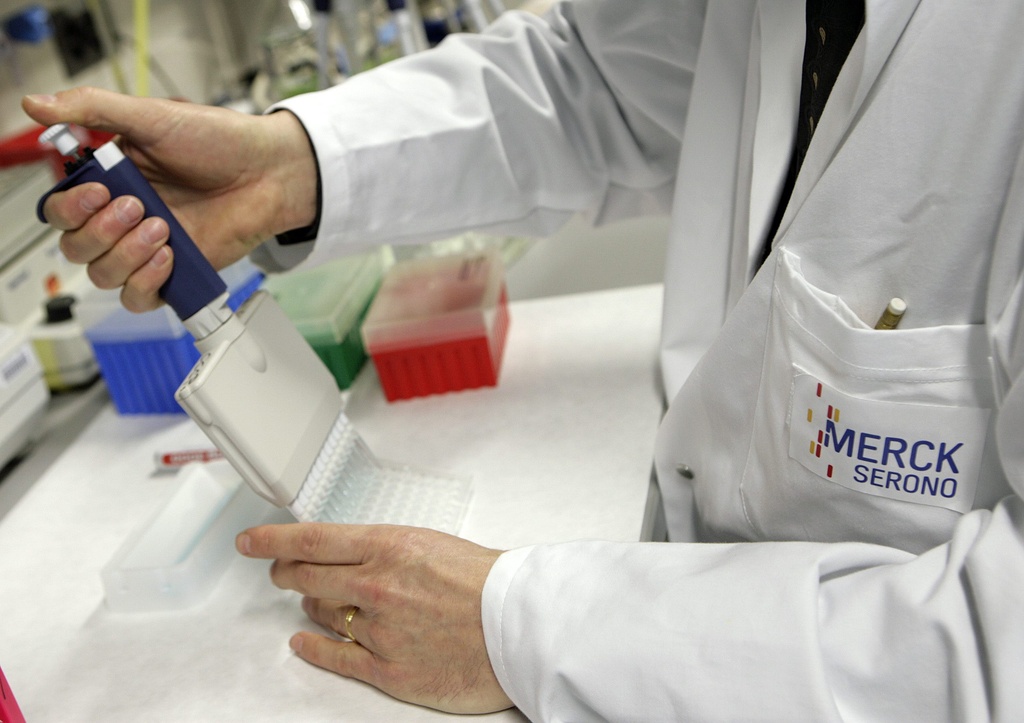
German drug and chemical maker Merck says it plans to shut the Swiss headquarters of its Merck Serono pharmaceutical division, cutting more than 500 jobs.
Merck said in a statement on Tuesday that it plans to transfer more than 750 of the 1,250 positions at Serono’s Geneva headquarters to other company sites.
It added that it expects to cut the other 500 jobs in Geneva and another 80 at Swiss manufacturing sites “to create a leaner, more agile organisation.”
The move is part of a wider efficiency programme that Merck, based in Darmstadt, Germany, launched in February.
The company said that, after consulting with employees, it aims to start implementing the relocations and job cuts in Switzerland in the second half of this year. Research and development positions will be moved to Germany, Boston and Beijing.
Merck Serono chairman François Naef told the Swiss News Agency that it was not possible in the current economic climate to maintain headquarters on two different sites.
Not hanging on
The Geneva authorities were told of Merck’s plans on Monday and the employees were informed on Tuesday morning.
The cantonal government is not planning to offer tax breaks to encourage Merck to reverse its decision, however it has asked to meet the company’s top brass, economics minister Pierre-François Unger told the Tribune de Genève newspaper.
Earlier this year, Swiss pharmaceutical giant Novartis went back on a decision to shut down a production facility in nearby Nyon, canton Vaud, after concessions by workers and sweeteners from the local government, saving 330 jobs.
Because the plant has been saved and will be redeveloped, the local cantonal authorities have promised Novartis the same favourable tax treatment as a new project. In addition to that, the city agreed to rezone from commercial to residential some land held by Novartis at the site, thereby increasing its value.
Scientists, marketing and IT specialists constitute most of the employees at the Merck Geneva site.
The company said that production units in Aubonne and Corsier-sur-Vevey in canton Vaud would be maintained although around 80 positions would be lost.
More than 130 technical specialists from Geneva will also be transferred to those sites, while employees working in Coinsins near Nyon will be relocated to Aubonne.
The German firm added that its Swiss commercial operations based in Zug were not affected by the job cuts.
Small pipeline
Merck bought Serono from the Bertarelli family in 2006 for SFr16 billion ($17.5 billion). Last year, it generated €5.6 billion (SFr6.7 billion), or 60 per cent of Merck’s turnover, but its operational result was down 46 per cent to €304 million.
These results were blamed on writedowns at its Corsier facilties, the re-evaluation of some projects and the decision to drop oral multiple sclerosis drug cladribine from its pipeline after the United States Food and Drug Administration refused to authorise its sale over safety fears.
Serono made its earlier fortune thanks to another MS drug, Rebif, which has been on the market for 17 years, and has relied on it along with another product, Erbitux, to generate revenue.
“We had been concerned for the past three or four years that this compound [Rebif] had fallen into the public domain and didn’t have a successor,” admitted Unger. “We knew their R&D hadn’t found a new compound that could be as profitable as Rebif.”
Serono became a household name for many in Switzerland after Ernesto Bertarelli, the company’s previous owner, won the America’s Cup in New Zealand with his Alinghi syndicate in 2003.
His family ranked 81st of the 2011 Forbes list of the world’s richest people, with estimated wealth of $10.6 billion. Since the Serono sale Bertarelli has focused on investment and asset management, as well as launching an investment company in the life sciences sector.
Some 249 companies operated in the field of biotechnology in Switzerland last year, compared with 237 in 2010.
Most firms in the industry are clustered around the Basel or Zurich regions, but there are also significant groups in cantons Geneva and Ticino.
The industry generated sales of SFr8.7 billion in 2011, a figure down from 2010. Losses were SFr350 million last year, after profits of SFr480 million in 2010.
Some SFr2 billion was spent on research and development in Switzerland.
The industry employs more than 12,000 people in the public sector and just over 7,000 in the private sector, numbers that have remained stable over the past few years.
The industry attracted venture capital transactions totalling SFr458 million last year – up from SFr255 million in 2010.

In compliance with the JTI standards
More: SWI swissinfo.ch certified by the Journalism Trust Initiative
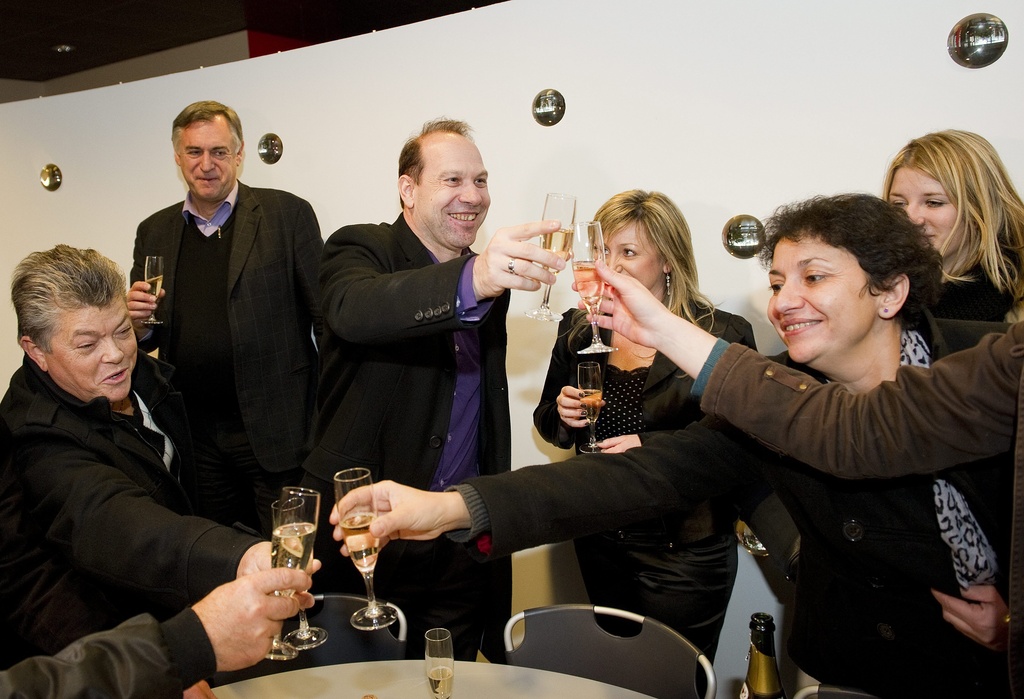
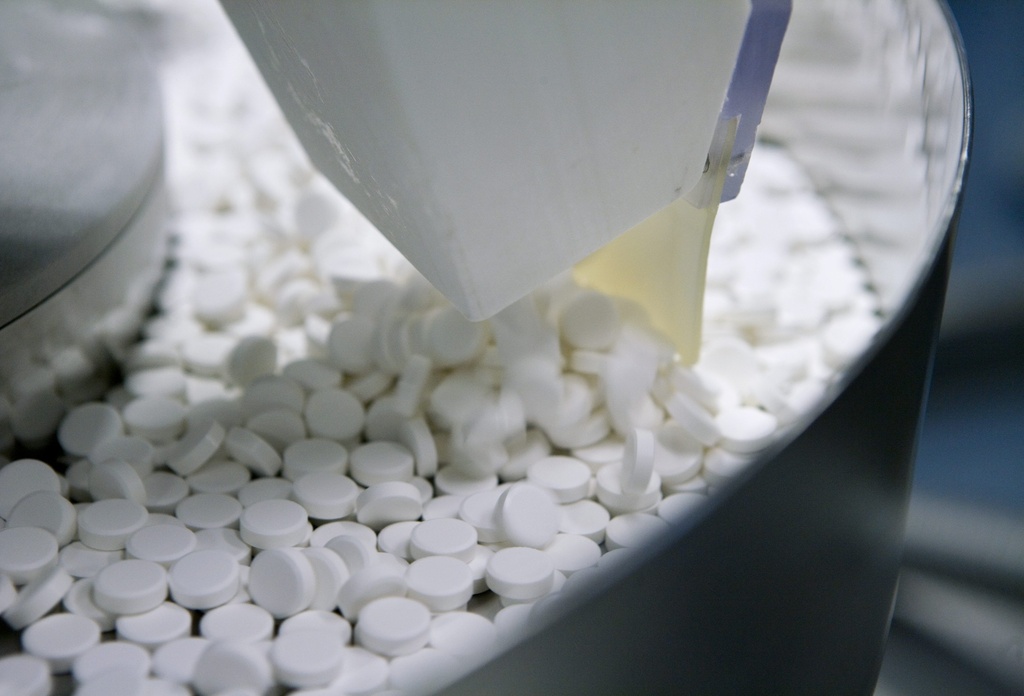
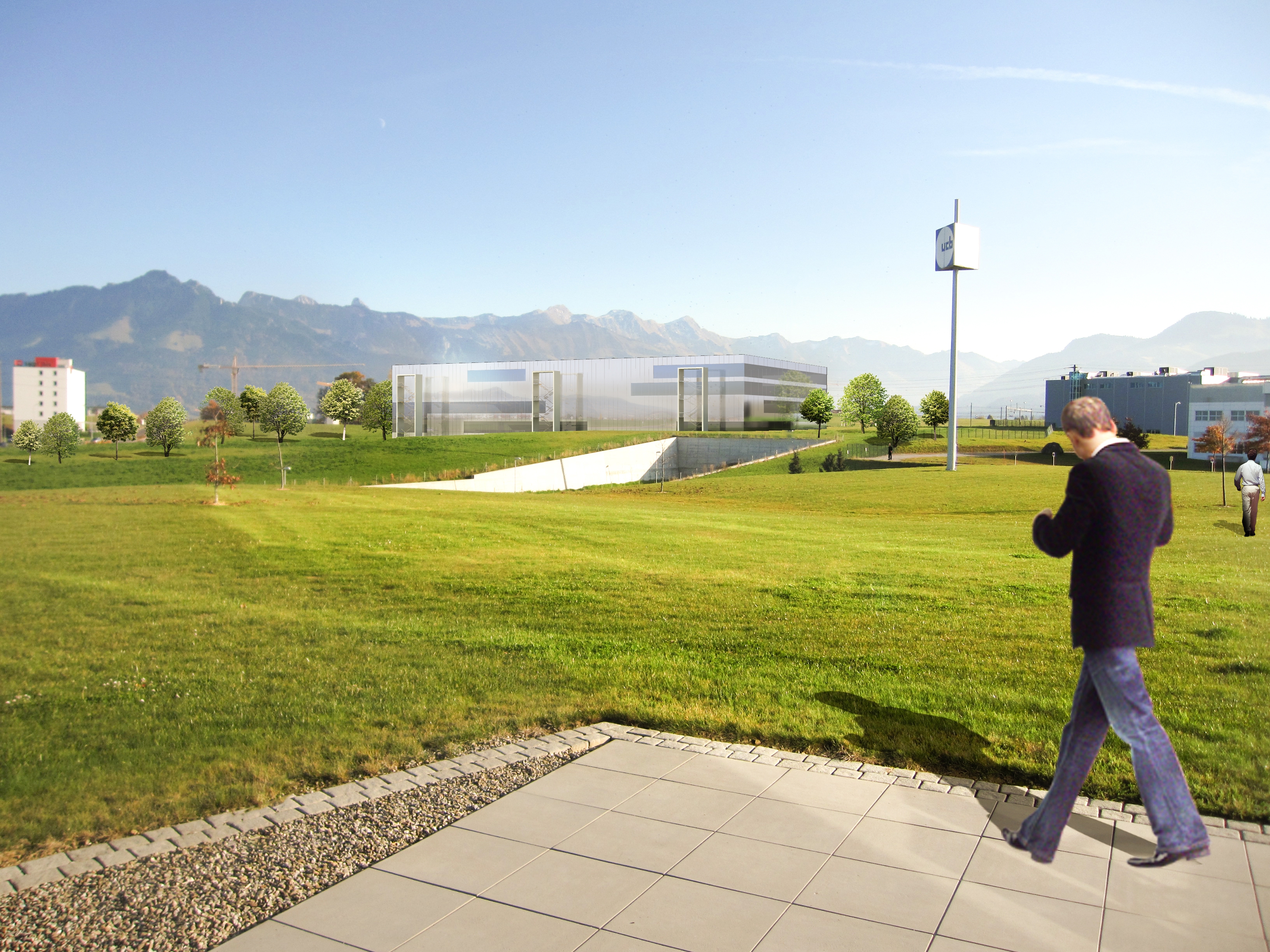

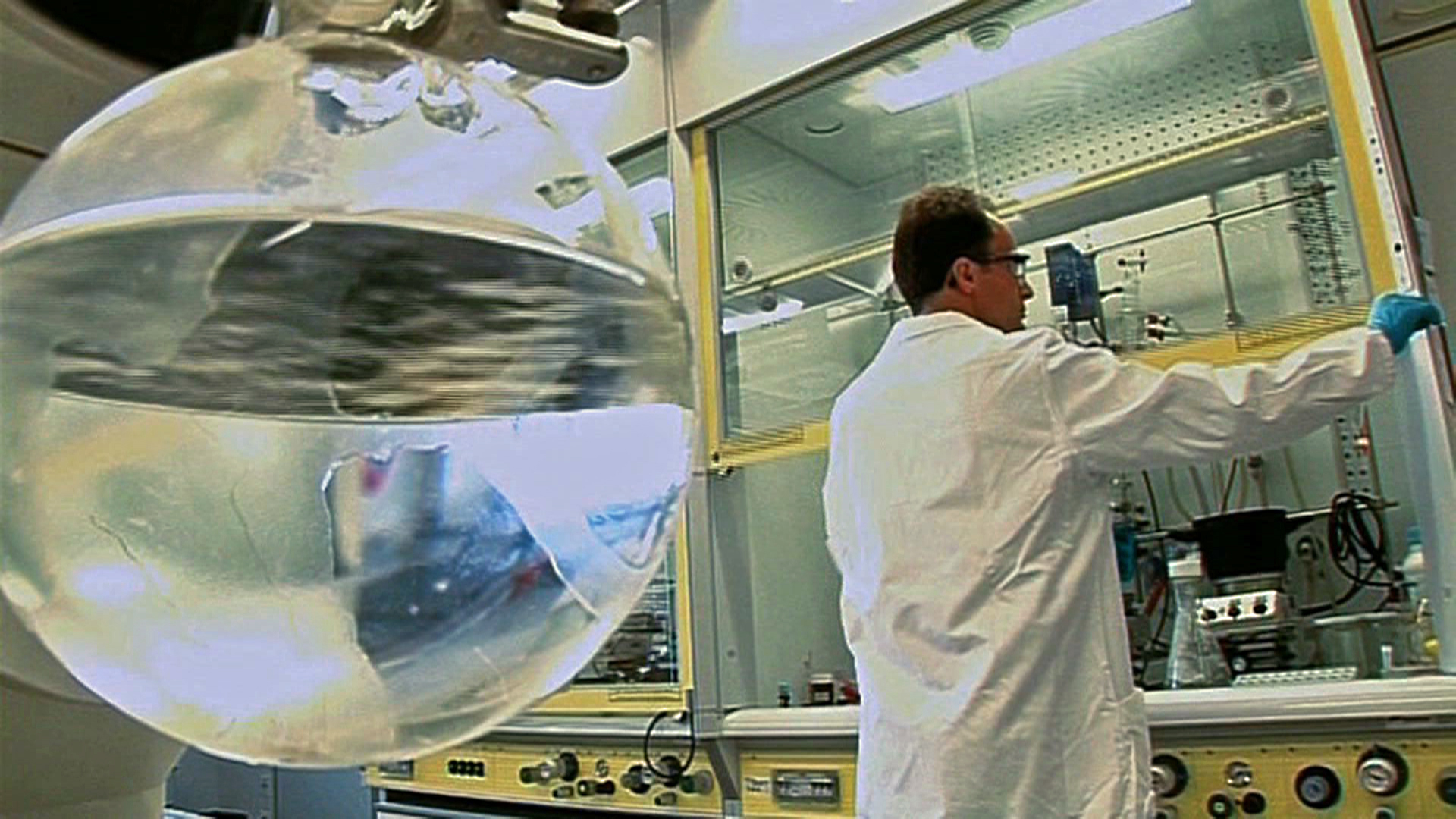
You can find an overview of ongoing debates with our journalists here. Please join us!
If you want to start a conversation about a topic raised in this article or want to report factual errors, email us at english@swissinfo.ch.